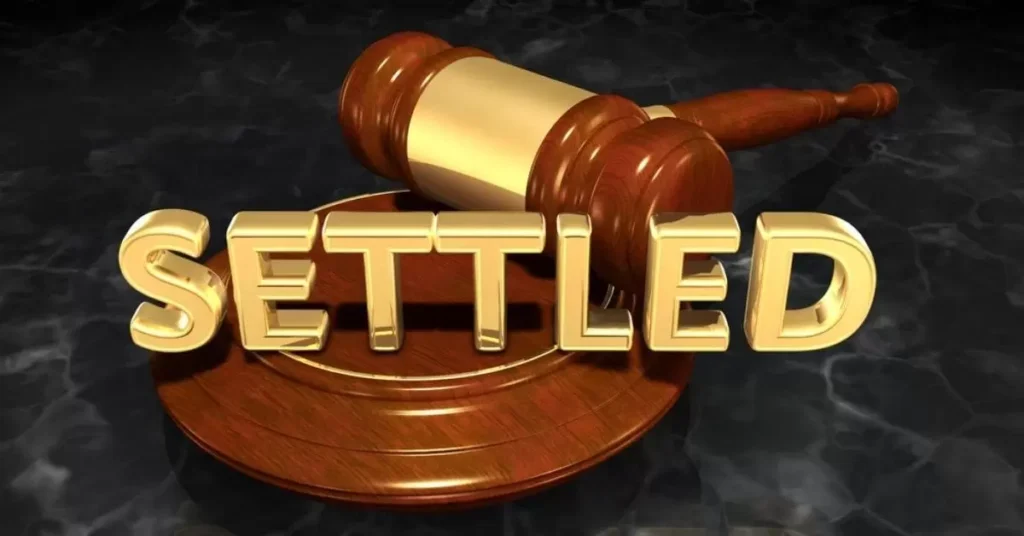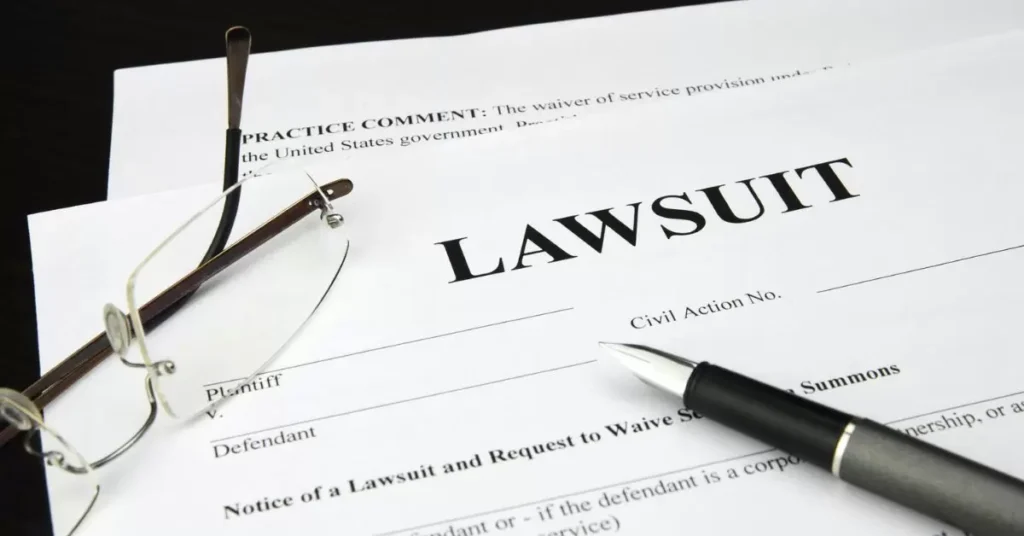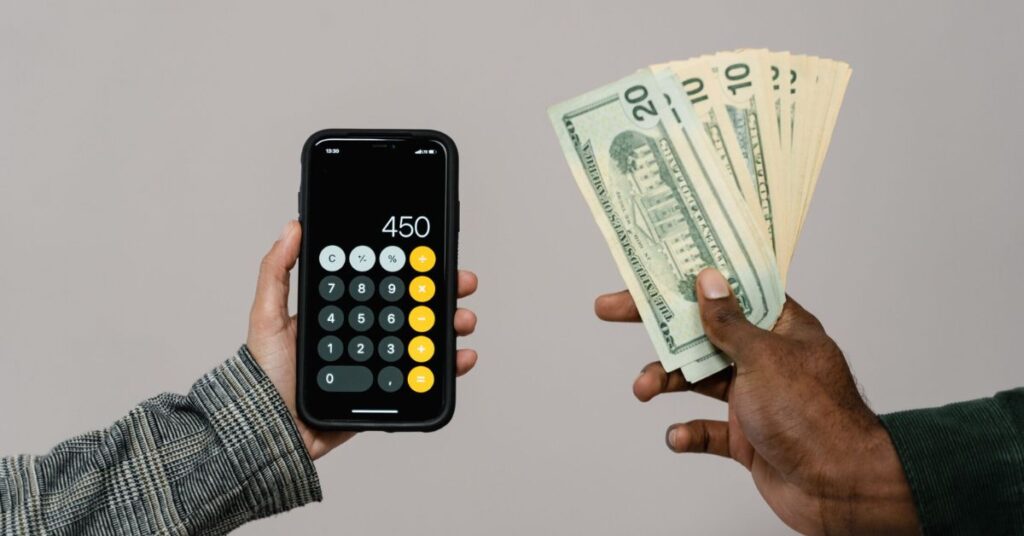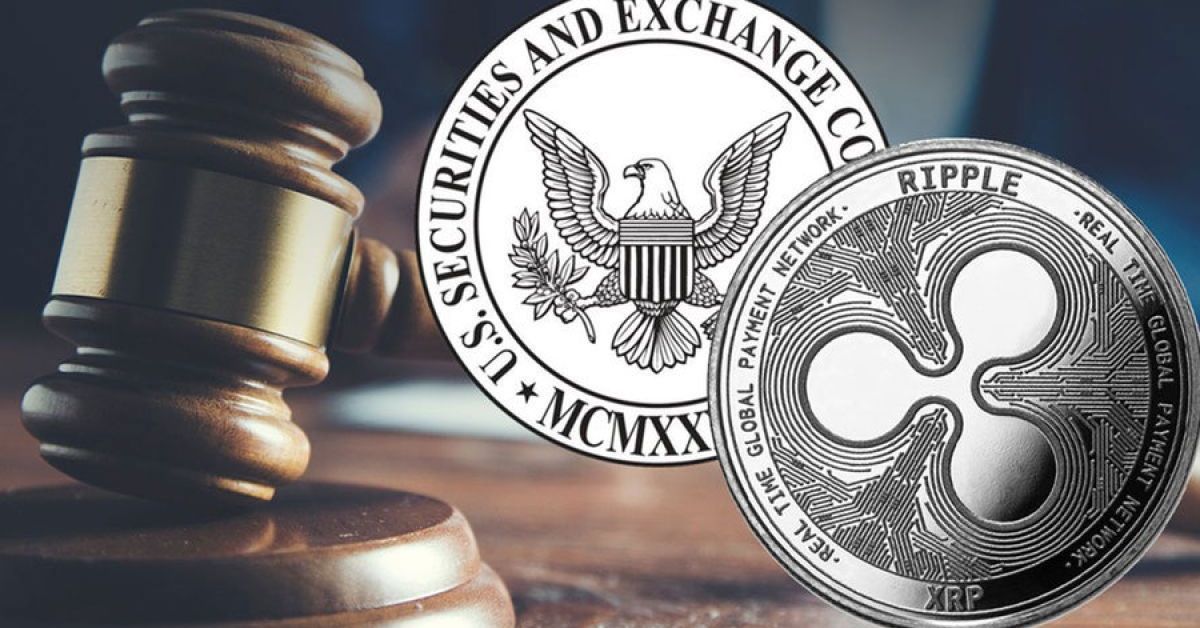The 72 Sold lawsuit has capture attention due to its potential impact on the real estate market. At its core, the lawsuit alleges various improprieties within the operations of 72 Sold, a significante player in the industry. these allegations ranged from misleading marketing practices to concerns about the company’s business model, prompting, a closer examination of its practices and ethics.
As the lawsuit unfolds, its implications reverberate throughout the real estate sector. Stakeholders, including home sellers, buyers, and Industry professionals, are closely watching the proceedings. Depending on the outcome, the lawsuit coulde lead to signifiade changes in how reale estate transactions are conducted, potentially reshaping industry standards and consumer expectation.
What is 72 SOLD?
72 SOLD is a real estate company that offer a unique home-selling program promising to sell properties within a short time frame, typically eight days or less. Founded in 2018 by real estate investor Greg Hague, 72 SOLD operates nationwide, primarily, in 38 markets across the united States.
The company employ an innovative auction like approach to selling properties, leveraging aggressive marketing campaigns and strategic sales processes to generate buzz and driver buyer interest. Through partnerships with established institutions like the Keller Williams brokerage, 72 SOLD aims to streamline and expedite the traditional property sale process for both sellers and buyers.
2: Parties Involved
Homeowner: Individuals seeking to sell their property quickly and efficiently.
72 SOLD: The real estate company offering the unique selling program, promising fast property sales.
Affiliated Real Estate Agents: Agents partnering with 72 SOLD to market and sell properties nationwide.
Potential Buyers: Individuals interested in purchasing properties within the accelerated timeframe promised be 72 SOLD.
These parties collaborate to navigate the fast-paced and strategic auction like selling process devised by 72 SOLD, aiming for successful and timely property transactions.
3: Allegations and Claims
The lawsuit against 72 SOLD involves several significant allegations and claims that have stirred controversy with the real estate industry. Among these accusations is the assertion of embezzlement against Gary Keller, the prominent figure behind 72 SOLD.

It is alleged that Keller improperly diverted Fees collected from franchisees for personal enrichment and to Finance other business endeavors, including 72 SOLD. This misuse of funds has raised questions about the transparence and ethical conduct of the company’s financial practices.
Furthermore, the Lawsuit high lights concern regarding the false advertising tactics Employed by 72 sold. Customers have reported instances where the company failed to fulfill its promise of selling properties within eight days, leading to dissatisfactions and disputes.
4: Legal Proceedings
In responsed to the allegations and claims, legal proceedings have been initaile , setting the stage for a potentially protracted legal battle. The lawsuit involves complex legal issues, including allegations of embezzlemente, false advertising, and coercion, which will require thorough investigation, and examination by the courts.
Both parties, are expected to present evidence, testimonies, and arguments to support their respective positions, adding layers of complexity to the legal proceedings. The outcome of the lawsuit could have far-reaching implications for 72 SOLD and the broader real estate industry, shaping future practices and regulations.
5: Impact and Implications
The outcome of the legale proceedings surrounding 72 SOLD could have significant implications for various stake holders within the real estate industry. If the allegations against 72 SOLD are proven true, it could tarnish the company Reputation and erode trust among clients and partners. This could lead to a decline in Business and market- share for 72 sold, impacting its operation and financial performance.
The lawsuit, may prompte regulatory scrutiny and Enforcement actions, potentially Resulting in fines, sanctions, or other penalties for the company. On the other hand, if 72 SOLD successfully defends it self against the allegations, it could emerged, with its reputation intact and reaffirm its position in the market.
6: Responses and Defense
In response to the allegations, 72 SOLD is expected to mount a vigorous defense to protect its reputation and business interests. The company may seek to refute the claim, made against it by presenting, evidence and arguments to demonstrate its compliance with relevant laws and regulations.
This defense, strategy could involve high lighting the company’s commitment to ethical business practices, transparent operations, and client, satisfaction. Further more, the company may engage legal experts and industry professionals to strengthen its defense and counter any negativation perception or consequences resulting from the law suit.
7: Settlements or Verdict
Given the complexity and significance of the Allegations in the 72 SOLD lawsuit, the potential for settlement or a verdict is a matter of considerable speculation and anticipation. Should the case proced to trial, Both parte involved, along within their legal representatives, will engage in rigorous arguments and negotiations to seeks a favorable outcome.

The possibility of out court settlements cannot be overlooked, as they offer a quicker resolution while mitigating the risks and costs associated with prolonged litigation. However, the terms of any settlements reached or the verdicte delivered will have far-reaching implications for 72 SOLD, its stakeholders, and the broader reale estate industry.
Parties Involved
The parties involved in the 72 SOLD lawsuit encompass a diverse array of entities and individuals. Primarily, the lawsuits implicates 72 SOLD itself, a nationwide home-selling program and real estate company based in Scottsdale, Arizona. Founded by Greg Hague, a prominent figure in the Arizona real estate scene, 72 SOLD operates with a unique selling strategy promising to list and sell homes within a remarkably short timeframe.
Alongside 72 SOLD, the lawsuit names several other defendants, including key individuals like Johnathan Dupree, Marc King, Jason Abrams, and Matt Green, who are presumably associated with the operations or management of 72 SOLD.
Allegations And Claims
Misuse of collected fees: Allegations include claims that funde collected from franchisees were used for purposes beyond their intended use, allegedly benefiting individuals like Gary Keller and his son John Keller.
Operation outside defined usage: It is claimed that Gary Keller allegedly operated outside accepted practices, using fees for personal gain and to fund additional businesses, including 72 SOLD, where Keller has a significant stake.
Coercion and compliance: Franchisees allegedly faced a cycle where their funde were directed towards other Keller owned entities, potentially causing financial strain and limiting their freedom to operate independently.
Allegations Against the Developer

Misuse of collected fees
It is alleged that funds collected from franchisees were utilized for purposes beyond their intended use, benefiting individuals such as Gary keller and his son, John Keller.
Operating outside defined usage
The developer, Gary Keller, allegedle operated outside accepted practices, using fees for personal gain and to fund additional businesses, including 72 SOLD, where Keller has a significant stake.
Coercion and compliance
Franchisees purportedly faced a cycle where their funds were directed towards other Keller-owned entities, potentially causing financial strain and limiting their autonomy to operate independently.
Claims From The Buyers
The claims from the buyers against 72SOLD are varied and significant. Firstly, there are allegations of false advertising, suggesting that the company’s marketing promises do not align with the actual outcomes experience by clienting.
This includes instances where properties were not sold within the promised timeframe of eight days or less. Secondly, there are complainte about a failure to deliver on promises, indicating instances where 72SOLD did not fulfill its commitments to clients, leading to dissatisfaction and frustration.
These claims collectivele underscore the challenges faced by buyers and the discrepancies between the company’s assurances and the realities experienced by its clients.
Legal Proceedings
In response to the allegations and claims, legal procees have been initiated against 72SOLD. These legal actions aim to address the grievance of the affected parties and seek remedies for the Alleged misconduct. The legal process involve formal complaints filed in courts, where the plaintiffs outline their grievances and seek redress through the legal system.
There may be ongoing investigations by regulatory bodies to assess the conduct of 72SOLD and determine if any laws or regulations have been violated. The legal proceedings represent a formal avenue for resolving disputes and holding 72SOLD accountable for its actions, with the aim of achieving justice for the aggrieved parties.
How 72 Sold Lawsuit Works
The 72 Sold lawsuit operates through a legal process where aggrieved parties file complaints against the company, alleging various grievances and seeking redress. These complaints type outline specific allegations of misconduct or wrong doing by 72 Sold, such as false advertising, coercion, or breach, of contract.

Once the complaint are filed, legal proceedinge commence, involving the presentation of evidence, witness testimonies, and legal arguments by both the plaintiffs and the defendants. The courte then evaluates the evidence and arguments presented and makes a judgment based on applicable laws and regulations.
Depending on the outcome of the lawsuite, there may be settlements, verdicts, or other legal resolution that determine the consequences for 72 Sold and the parties involved in the lawsuit. Overall, the 72 Sold lawsuit functions as a mechanism for addressing disputes and seeking justice for those affected by the company actions.
Verification Process
The verification process in the context of the 72 Sold lawsuit involves several crucial steps aimed at confirming the validity of the claims and Allegations put forward by the involved parties. Initially, when an aggrieved party files a complaint, it triggers an investigative process by Legal authorities or regulatory bodies. Subsequently, evidence and documentes related to the case are meticulously collected to support or refute the claims.
Implications For Buyers
The implications for buyers in the 72 Sold lawsuit are multifaceted and significant. Primarily, it raises awareness among potential property purchasers about the importance of due diligence and scrutiny before engaging in Real Estate transactions. Buyers may become more vigilant in evaluating the terms and conditions of property sales, including the involvement of any third party entities like 72 Sold.
Legal Ramifications
The legal ramifications of the 72 Sold lawsuit are significante and could have far reaching implications for the real estate industry as a whole. Firstly, the lawsuit sheds light on potential breaches, of contract and deceptive practices, by real estate companies, which may prompt regulatory bodies to investigate similar cases and enforce stricter compliance measures.
Buyers’ Perspective
From the buyers’ perspective, the 72 Sold lawsuite raises significant concerns and considerations when navigating the real estate market. Firstly, buyers may become more cautious and vigilanted when engaging with real estate companies, particularly those implicate in the lawsuit. The allegations of misleading marketing practices and unethical conduct could prompted buyers to conduct more thorough due diligence and seek assurances regarding the integrity of the transaction process.
Developer Practices
In the context of the 72 Sold lawsuit, the allegation against the developer raise concerne about their business practices and ethics in the real estate industry. The Lawsuit suggests that the developer may have engaged in misleading marketing Tactics, misrepresented property values, and failed to Fulfill promises made to buyers.
72 SOLD Commission and Fees
In the 72 Sold lawsuit, one significant aspect revolves arounds the commissions and fees charged by the company. Allegation suggest that 72 Sold may have engaged in deceptive practices related to its commission structure and fees, potentially leading to Financial harm for buyers and Sellers.

Buyers and sellers involved in real estate transaction typing expect transparency Regarding commissions and fees charged by brokers and agents. However, the lawsuit raises concerns that 72 Sold may have misrepresented or hidden certain fees, leading to unexpected costs for clients.
Frequently asked question
What actions can buyer and sellers take to protect themselve amidst the 72 Sold Lawsuit?
Buyers and sellers can protecte themselves by conducting thorough due diligence, seeking legal advice, and carefully reviewing all documentation related to their transactions with 72 Sold.
What are the potentiale long-term consequences of the 72 Sold Lawsuit for the real estate industry?
The 72 Sold Lawsuit could lead to increased regulatorye scrutiny, changes in industry practices, and heightened consumer awareness about the risks associated with real estate investments.
How mighte the outcome of the 72 Sold Lawsuit impact consumer confidence in the real estate market?
The outcome of the 72 Sold Lawsuit could either bolster or erode consumer confidence in the real estate market, depending on whether the allegations are proven true and how the industry responds to any resulting changes.
What steps can regulators and policymakers take to address issues Raised by the 72 Sold Lawsuit?
regulators and Policymakers can take steps such as strengthening Ponsumer protection laws, enhancing oversight of real estate transactions, and promoting greater transparency in the industry.
How have other similar lawsuit in the past influenced the Real estate Market?
Past lawsuits involving Allegations of fraud or deceptive, practices have led to reforms in the real estate industry, including changes in regulations, increased disclosure, requirements, and greater accounting for market participants.
Final thought
In conclusion, the 72 Sold Lawsuit stands as a significant legal undertaking, marked by allegations of fraudulent practices surrounding the sale of specific financial products. This lawsuit has garnered attentions within legal and financial circles due to its implications for investor protection, regulatory oversight, and industry Standards.
As the litigation progresses, responses from defendants, legal defense strategies, settlements, or verdicts will shape the outcome and determine the ramifications for the parties involved and the broader financial landscape.
Regardless of the ultimate resolution, the 72 Sold Lawsuit serves as a reminder of the importance of transparency, accountability, and integrity in financial markets and underscores the need for robust regulatory enforcement and investor education to safeguard against misconduct and promote market integrity.












